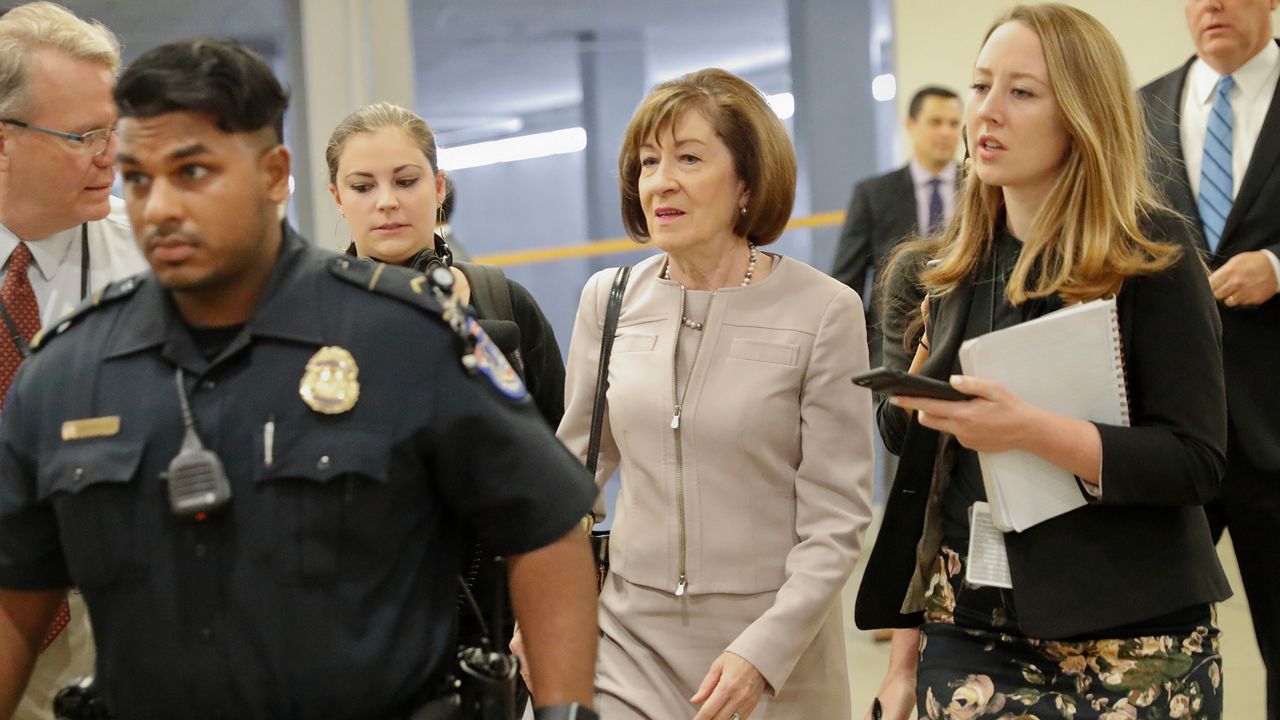A Maine legislative panel on Monday will consider a bill to expand abortion access at a time when other states are restricting the procedure and federal court challenges hang in the balance.
The Democratically controlled House and Senate appear to have the votes to pass the bill, which seeks to allow a woman to have an abortion later in pregnancy with a doctor’s recommendation.
Current Maine law restricts abortion to the point of viability — generally considered to be about 24 weeks — unless the life or health of the mother is in danger.
Gov. Janet Mills announced the bill in January, saying she was compelled to act after hearing the story of a Yarmouth woman who had to travel to Colorado to get an abortion when she learned in her 32nd week of pregnancy that her child had a rare and deadly fetal disease.
“The decision to have an abortion should be made by a woman in consultation with her medical provider and no one else,” Mills said while announcing the legislation.
On Monday, the Legislature’s Judiciary Committee will take testimony on the bill, the first chance the public will have to weigh-in.
In an email blast Wednesday, Rep. Laurel Libby (R-Auburn) urged opponents to make a strong showing at the hearing.
“I can’t overstate how critical it is that each and every one of us attend this public hearing!” Libby says in the email. “We need to see a turnout the likes of which has NEVER been seen in Augusta to have a hope of defeating this bill.”
Maine Right to Life spokeswoman Heather Sirocki, a former Republican state lawmaker, said it’s an emotional issue for many.
“The language of this bill needs careful scrutiny,” she said. “Legislators are not lawyers. They need to listen to the public. We need checks and balances to protect the public.”
The hearing comes at a time when abortion has been in the news for nearly 12 months following the June Supreme Court ruling that overturned a nearly 50-year precedent that guaranteed the right to an abortion.
Since then, abortion has been outlawed in 14 states and restrictions are pending in others.
And last week, the Supreme Court once again weighed in on an abortion-related case to temporarily protect access to mifepristone, one of two drugs used in medication abortions.
“The Supreme Court’s stay tonight secures continued access to mifepristone, a demonstrably safe abortion drug,” Attorney General Aaron Frey said in a statement issued Friday. “Unfortunately, this fight is not over and I want to assure citizens that my office and the Mills Administration will continue to use every tool available to us to protect reproductive freedom in Maine.”
A 1993 Maine law protects the right to an abortion in Maine, and the Mills’ bill seeks to expand it.
House Speaker Rachel Talbot Ross (D-Portland) and Senate President Troy Jackson (D-Allagash) are the lead sponsors of the measure.
After the bill was released earlier this month, Mills distributed statements from several advocacy groups who support the measure.
“Like the majority of Christians across the United States, the Maine Council of Churches believes abortion should be safe and legal,” Jane Field, executive director of the council said. “Abortion is a complex health care and moral issue requiring nuanced medical, ethical and spiritual discernment in each unique situation, without interference from the government.”
On the other side, Sirocki agreed that the issue is a moral one for many.
“It’s sad to think the governor of the state of Maine would consider late-term abortion for any reason,” she said. “Trying to remove the emotion of this is hard.”








